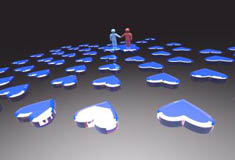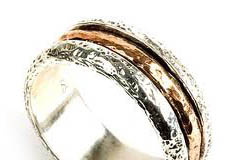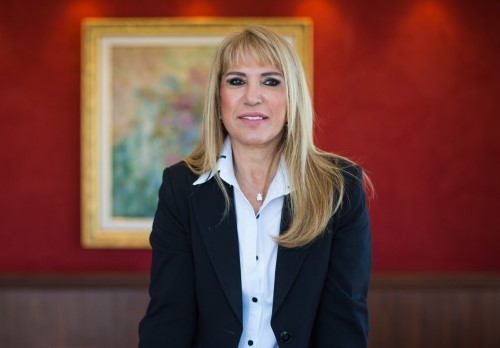A Living Death: A Warning for Generations
הרב שי טחןכה חשוון, תשפה26/11/2024the consequences of an ill-suited marriage can be more devastating than a living death
תגיות:נישואיםתולדותיעקב ועשיו
In this week's parsha (Toldot), we encounter a profound lesson that appears both at the beginning and the end of the portion. This repetition emphasizes the importance of adopting the correct mindset and cultivating such outlook on life.
At the beginning of the parsha, we find Yaakov cooking lentils. Rashi (25;30) explains that this was because Avraham Avinu had just passed away, and it is customary for mourners to eat lentils. Rashi further notes that Avraham was originally destined to live another five years but passed away earlier. Why was this so?
Why was this so?
Rashi teaches that Hashem took Avraham five years early to spare him the pain of witnessing his grandson Esav’s descent into corruption and wickedness. This highlights a profound lesson: it is better for a person to lose years from their life than to endure the anguish of seeing their child—or grandchild—deviate from the righteous path.
At the end of the parasha, we encounter a similar concept when Rivka says to her husband, “I am disgusted with my life because of the daughters of Chet. If Yaakov takes a wife from the daughters of Chet, what is life to me?”(27;46). Rivka’s words are not merely an expression of frustration or fear. If they were, the Torah would not have recorded them, as such remarks would not carry a timeless lesson for future generations.
Instead, Rivka’s statement conveys a profound and fundamental message: marrying a child to an unsuitable spouse is worse than death. Chazal emphasize this idea, teaching that a bad spouse is worse than death itself. Rivka’s words remind us of the seriousness of choosing a spouse for our children. When arranging a shidduch, it must not be taken lightly. It is crucial to ensure that the prospective match is a yerei Shamayim with proper hashkafot and values, as the consequences of an ill-suited marriage can be more devastating than a living death.
At the beginning of the parsha, we find Yaakov cooking lentils. Rashi (25;30) explains that this was because Avraham Avinu had just passed away, and it is customary for mourners to eat lentils. Rashi further notes that Avraham was originally destined to live another five years but passed away earlier.

Rashi teaches that Hashem took Avraham five years early to spare him the pain of witnessing his grandson Esav’s descent into corruption and wickedness. This highlights a profound lesson: it is better for a person to lose years from their life than to endure the anguish of seeing their child—or grandchild—deviate from the righteous path.
At the end of the parasha, we encounter a similar concept when Rivka says to her husband, “I am disgusted with my life because of the daughters of Chet. If Yaakov takes a wife from the daughters of Chet, what is life to me?”(27;46). Rivka’s words are not merely an expression of frustration or fear. If they were, the Torah would not have recorded them, as such remarks would not carry a timeless lesson for future generations.
Instead, Rivka’s statement conveys a profound and fundamental message: marrying a child to an unsuitable spouse is worse than death. Chazal emphasize this idea, teaching that a bad spouse is worse than death itself. Rivka’s words remind us of the seriousness of choosing a spouse for our children. When arranging a shidduch, it must not be taken lightly. It is crucial to ensure that the prospective match is a yerei Shamayim with proper hashkafot and values, as the consequences of an ill-suited marriage can be more devastating than a living death.
הוסף תגובה
עוד מהרב שי טחן
עוד בנושא פרשת שבוע






